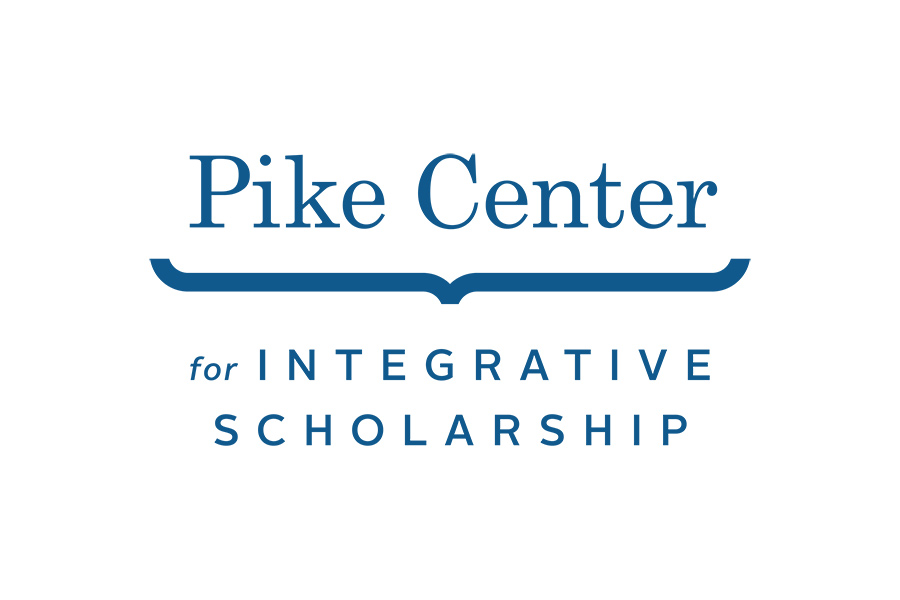Pike Center awards three small grants
Through its Small Grants Program, the Pike Center sponsors research and publication that address issues faced by language communities on the margins of society. We are pleased to announce that three grants have been awarded in the latest cycle of this program.
$1,895 has been awarded to Michael and Rachel Aubrey for a project entitled “Force Dynamics, image schemas, and constructional polysemy in the prepositions ἐπί and κατά in Postclassical Greek.” There are many grammatical phenomena that need to be carefully checked in translation because of differences in grammar between source and receptor languages; prepositions in the biblical languages are one of these. They are a key functional and grammatical area, but existing grammar resources in Biblical Studies do not address the particular challenges faced by translation teams. The Aubrey's analyses of Greek prepositions provide a foundation for better translation-focused grammar. Where existing resources only provide glosses, they highlight the function of prepositional constructions, illustrating how those meanings are motivated in context within larger usage patterns. With better information about spatial, temporal, and abstract meanings associated with prepositions, it is hoped that this resource will help translators go beyond simply reproducing the forms in the receptor translation. Funding for this project will cover travel expenses to attend and present results of the Aubrey's research at the Society of Biblical Literature Annual Meeting 2025 in Boston, MA.
$3500 has been awarded to Erin SanGregory for a project entitled “Corpus Development and Grammatical Description of Afghan Wakhi.” The language is a Wakhi variety of northeastern Afghanistan that has little documentation or description. No annotated language documentation corpus is publicly available for use in language development or linguistic analysis. Furthermore, only five linguistic papers have been devoted to this variety. The documentary corpus of naturalistic speech produced by this project will enable reproducible linguistic research on Afghan Wakhi. The dissertation will add to the overall understanding of the language, contribute to the typology of select morphosyntactic topics, and identify topics worthy of more detailed future investigation. SanGregory will work remotely with three speakers to annotate five hours of naturalistic speech; files associated with this corpus will be archived in SIL's Language and Culture Archives. She will use the corpus as primary data for her PhD dissertation on topics related to predication and argument structure in Afghan Wakhi.
$2,150 has been awarded to JeDene Reeder for a project entitled “Language and digital technology use in the workplace.” The framework for literacy programs and materials is largely based on conceptions prior to the digital age. However, the current era pushes us to improve our programs by considering the languages being used on digital devices at work. The research team plans to examine the manner in which digital technology is used in the workplace, along with what languages are employed in this domain. This knowledge will be used to appropriately revise teaching materials and courses to take digital literacy and platforms into account. The potential social impact is a more literate and technologically-prepared workforce better able to accomplish tasks such as filling in online forms and using ATMs. Funds will pay for related expanses in and around various towns in Burkina Faso and Togo. At least one article will be published in an international journal.
